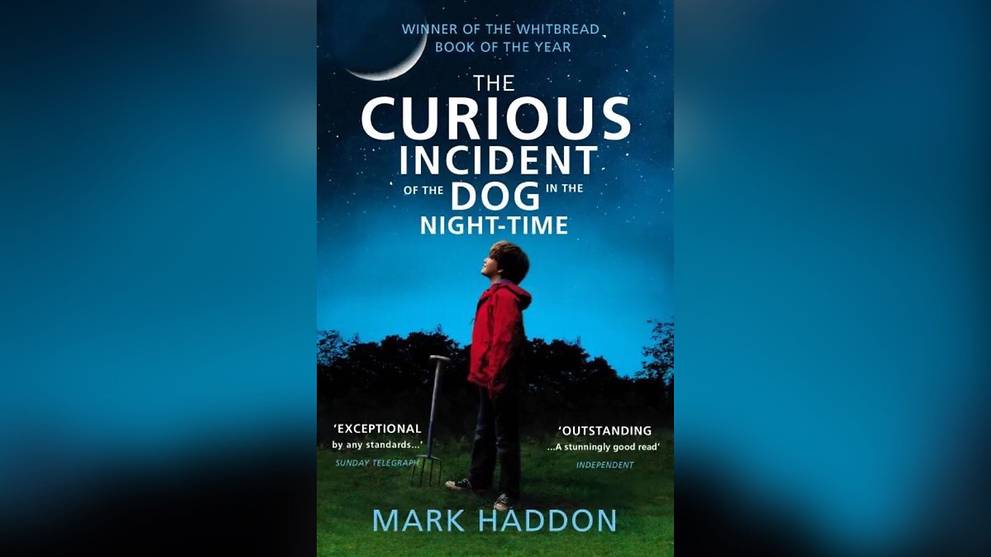
Book containing vulgarities not on MOE's recommended list, chosen by school
by Ang Hwee MinSINGAPORE: A novel containing vulgarities was not part of the recommended text list from the Ministry of Education (MOE) but selected by a school for its "literary merit", the ministry said on Monday (Dec 9).
On Saturday, a Facebook group called Singaporeans Defending Marriage and Family criticised the book The Curious Incident of the Dog in the Night-Time, which contains several swear words.
It said the book uses "foul and blasphemous language" and claimed it "breaks Singapore's racial and religious harmony laws".
The post continued: “Do parents need to inspect every single (school's) material and sit inside every classroom to ensure our children are free from unacceptable immoral indoctrination and corruption?”
The book, written by British author Mark Haddon, features a 15-year-old protagonist with Asperger's syndrome.
It was selected by the school for its extended reading programme to complement its English Language lessons, said Mr Jeffrey Low, director of English Language and Literature at MOE.
“The school has chosen the book for its literary merit, and how the story teaches good values such as honesty, perseverance in the face of difficulties, love between parents and children, and appreciation of youths with special educational needs,” said Mr Low.
He said teachers are careful when selecting texts to ensure they are included in lessons for good reason, noting that texts of literary value “often deal with complex human conditions and reflect the imperfections in societies”.
“The reading of this particular text has been closely guided by the teacher through class discussions, where the teacher sets out the context of the piece of writing, and engages students on drawing positive lessons from the book,” he added.
AUTONOMY TO CHOOSE TEXTS
At the lower secondary levels, schools have the autonomy to select texts from MOE’s recommended text list or choose texts not on the list if they think those books “better suit the learning profile of their students”, said Mr Low.
MOE also provides a set of criteria for selecting texts outside of the recommended list.
"This set of criteria includes the literary value, appropriateness and accessibility of the text in terms of themes and language for the target age-group of the students, the values the text promotes, and careful consideration of any areas of concern, such as social and cultural sensitivities," Mr Low explained.
In 2015, the book made headlines after it was withdrawn from a Florida school's summer reading list following concerns from parents about swearing.
In response, Mr Haddon told The Guardian his book was “not just a novel that contains swearing but a novel about swearing”. He also noted that the main character Christopher is “completely unaware of the offence that swearing is intended to cause and therefore it simply washes over him”.
The Curious Incident of the Dog in the Night-Time has won the Commonwealth Writers’ Prize for Best First Book and was named 2003 Whitbread Book of the Year. It also took home the Guardian Children's Fiction Prize that year.
Last year, MOE had clarified that a social studies textbook that was criticised for its description of people of "lower socio-economic status" was not on its list of approved textbooks.
The guidebook, entitled Complete Guide to GCE O-Level Social Studies Volume 1 and published by MarketAsia Books, defined SES as a factor "that shapes a person's identity".